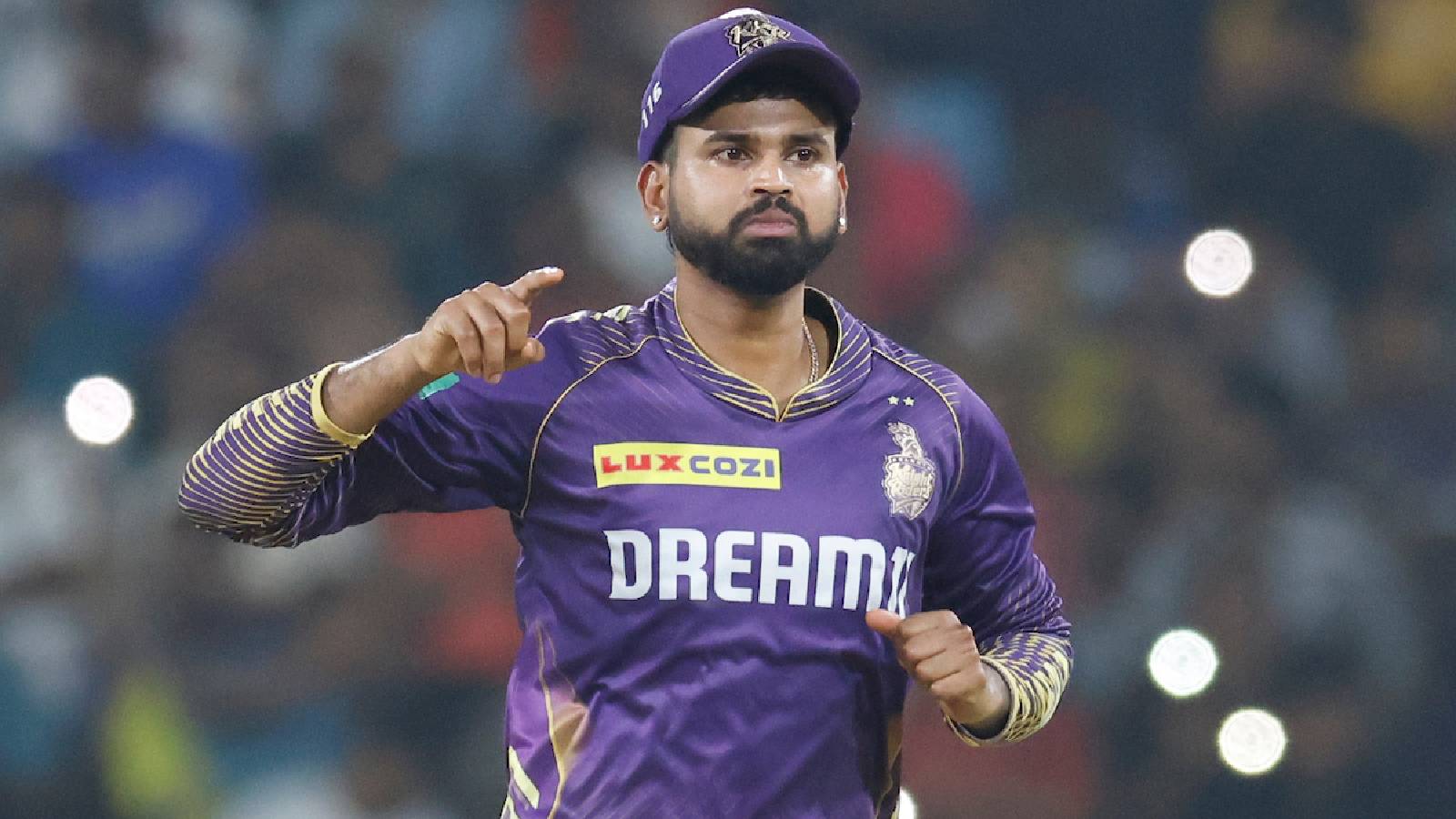 |
|
Shreyas Iyer's recent statements regarding his perceived lack of recognition following his leadership of the Kolkata Knight Riders (KKR) to their third Indian Premier League (IPL) title have stirred considerable debate within the cricketing fraternity. Iyer, a dynamic batsman and astute captain, expressed his sentiments in an interview, highlighting a feeling of being undervalued despite the significant achievement. This feeling stems from his belief that his contributions to KKR's success, and indeed, to India's Champions Trophy campaign (although the provided text doesn't confirm which Champions Trophy he refers to), weren't adequately acknowledged or celebrated by the wider cricketing community and perhaps even by the KKR management itself. The crux of his argument rests on the contrast between the tangible success he delivered – an IPL title and contributing to India's triumph – and the intangible recognition he felt he deserved, highlighting the often subjective and complex nature of fame and appreciation in professional sports. The fact that he was subsequently not retained by KKR and was acquired by Punjab Kings for a substantial sum of Rs 26.75 crore further fuels this narrative, raising questions about the rationale behind KKR's decision and the perceived value of Iyer as a leader and player. This entire episode serves as a microcosm of the pressures and expectations faced by high-performing athletes, particularly captains, who are often held to exacting standards and whose contributions are sometimes overshadowed by individual brilliance or external factors. The emphasis Iyer places on self-integrity and doing the right thing when no one is watching underscores his commitment to personal values and professional ethics, suggesting that he finds solace and validation in his own actions and principles, regardless of external recognition. It also subtly critiques the potentially fickle nature of public opinion and the sometimes superficial aspects of celebrity culture in the world of cricket. The situation further highlights the business aspect of the IPL, where player auctions and team compositions are often driven by complex algorithms and strategic considerations that may not always reflect the perceived value or contributions of individual players. Iyer's move to Punjab Kings represents a fresh start and an opportunity for him to prove his worth anew, both as a batsman and as a leader, potentially silencing his critics and solidifying his reputation as one of India's leading cricketing talents. It also raises questions about team dynamics and how franchises value leadership skills compared to pure batting or bowling prowess. The incident also touches upon the sensitive issue of mental well-being in professional sports, where athletes are often under immense pressure to perform and meet expectations, both internal and external. The lack of perceived recognition can have a detrimental impact on an athlete's confidence and motivation, potentially affecting their performance and overall mental health. Iyer's ability to maintain his self-integrity and focus on his own values suggests a strong mental fortitude, but it also serves as a reminder of the importance of providing adequate support and recognition to athletes to help them navigate the challenges of professional sports. This incident further underscores the importance of effective communication and transparency between players and team management, particularly in franchise cricket where player allegiances can shift quickly and unexpectedly. A more open dialogue between Iyer and KKR management might have prevented or mitigated the sense of disappointment and disillusionment that he expressed. Ultimately, Shreyas Iyer's experience serves as a valuable case study in the complex interplay of performance, recognition, and personal values in the high-stakes world of professional cricket, highlighting the challenges and rewards of leadership, the pressures of expectation, and the importance of self-belief in the face of adversity. His future performance with Punjab Kings will be closely watched, not only for his batting prowess but also for his leadership qualities and his ability to silence the critics and prove his worth on the field. The cricketing world will be keen to see if he can translate his disappointment into motivation and lead Punjab Kings to IPL glory, thereby vindicating his belief in his own abilities and proving that recognition, while desirable, is not the ultimate measure of success.
Source: ‘Felt I didn’t get the recognition I wanted after winning the IPL’: Shreyas Iyer
